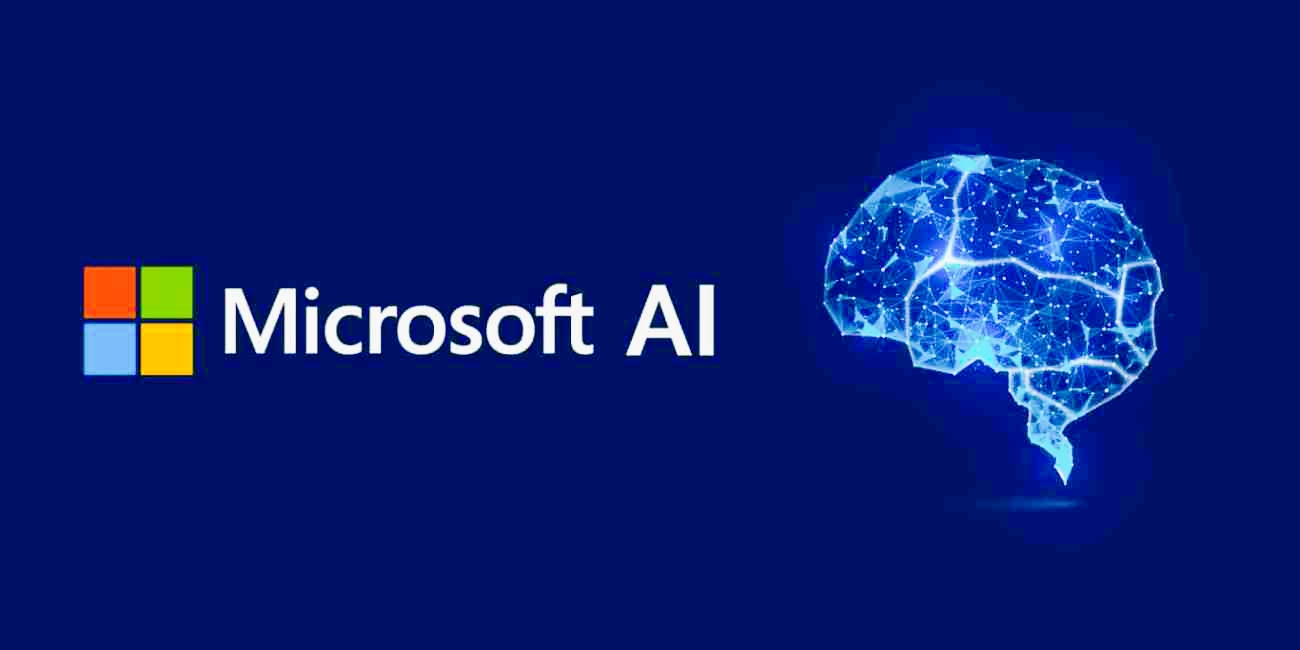Microsoft's New AI System: Diagnosing Diseases More Accurately and Cost-Effectively
July 1, 202551 ViewsRead Time: 2 minutes

Font Size
16
Microsoft has announced a remarkable achievement in the field of medical artificial intelligence, unveiling a new diagnostic system that represents a "real step towards superior medical intelligence," according to Mustafa Suleiman, CEO of the company's artificial intelligence arm.
The new system, called MAI Diagnostic Orchestrator (MAI_DxO), stands out for its ability to diagnose diseases with a precision surpassing human doctors by four times, and at a much lower cost.
In a unique experiment conducted by Microsoft, the research team used 304 medical cases published in the New England Journal of Medicine and devised a test called the "Sequential Diagnostic Standard," in which the system analyzes the cases step by step, simulating the doctor's thinking process during diagnosis.
The system relies on the coordination of several advanced artificial intelligence models such as GPT from OpenAI, Gemini from Google, Claude from Anthropic, Llama from Meta, and Grok from xAI, in a group discussion format resembling a meeting of specialized doctors exchanging opinions to reach the optimal diagnosis.
The results showed an outstanding superiority of the system, achieving a diagnostic accuracy of 80% compared to only 20% for human doctors.
In addition, the system was able to reduce costs by 20% by selecting the most efficient and cost-effective tests and medical procedures.
Suleiman explained that the secret behind this achievement lies in the coordination among multiple artificial intelligence models through group discussions, which represents a fundamental step towards achieving "superior medical intelligence."
Microsoft revealed that it enlisted some of the top artificial intelligence researchers from Google, reflecting the fierce competition among technology giants in this field.
As for the future of this technology, the company is still studying how to commercialize it, with the possibility of integrating it soon into the Bing search engine to assist users in diagnosing their illnesses, or developing medical support tools to enhance patient care and automate some diagnostic tasks.
However, despite significant progress, the technology faces important challenges such as data bias in training or lack of inclusivity for all population groups, making it necessary to continue research and development to ensure greater accuracy and inclusivity.